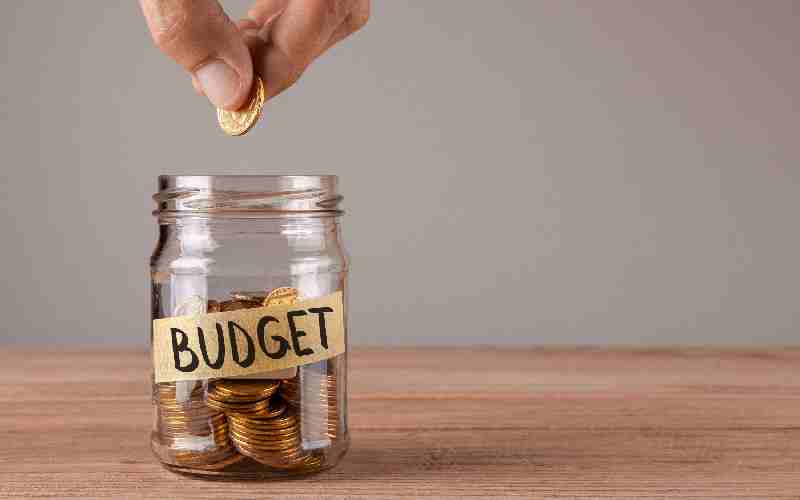×
The Standard e-Paper
Stay Informed, Even Offline

In Kenya, more than half of the respondents said their spending on non-essential items has decreased.
The Covid-19 pandemic has seen the financial fortunes of many people shrinking, while others have lost their livelihoods altogether as businesses close down and companies downsize.